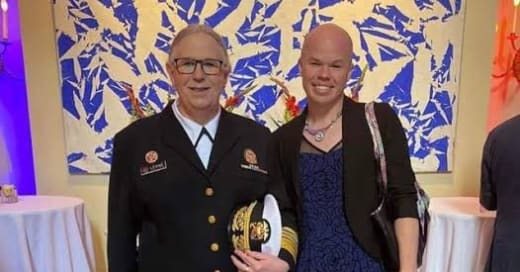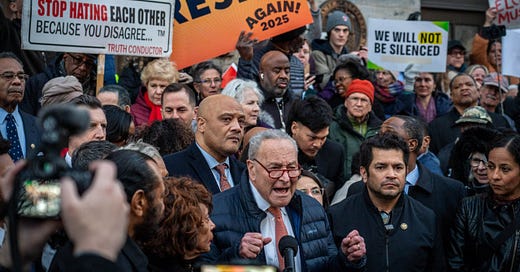
History Lesson
Clusterfuck Nation
For your reading pleasure Mondays and Fridays
Support this blog by visiting Jim’s Patreon Page
Now I am going to tell you why BLM is a hustle, and how it came to this. Here is an opening to that honest conversation about race everyone’s been pretending to ask for. That’s been a hustle too, so far, because when anybody actually ventures to launch it, the cries of “racist” shut it down.
The BLM hustle has turned into a violent insurrection supported by a body of bad ideas geared to driving the nation insane. The action on-the-ground is like the Jacobin phase of the French Revolution seasoned with the murderous derangement of Mao Zedong’s Cultural Revolution. As biologist Bret Weinstein said in his podcast last week with linguistics prof John McWhorter: “If you attempt a Maoist takeover of the US, you’ll get a civil war.”
What we’re seeing in the looting and burning, the “canceling” of careers and lives, the toppling of statues and the attempt to rewrite history, the pathetic obeisance of political leaders to raging mobs, and the lives lost in senseless acts of violence is the unfinished business of the civil rights movement. That business was the full participation of Black citizens in American life. The main grievance now is that Black Americans are still denied full participation due to “systemic racism.” That’s a dodge. What actually happened is that Black America opted out and lost itself in a quandary of its own making with the assistance of their white dis-enablers, the well-intentioned “progressives.”
Let me take you back to the mid-20th century. America had just fought and won a war against manifest evil. The nation styled itself as Leader of the Free World. That role could not be squared with the rules of Jim Crow apartheid, so something had to change. The civil rights campaign to undo racial segregation under law naturally began in the courts in cases such as Brown v. Board of Education (1954). So-called public accommodations — hotels, theaters, restaurants, buses, bathrooms, water fountains, etc. — remained segregated. By the early 1960s, the clamor to end all that took to the streets under the emerging moral leadership of Martin Luther King and his credo of non-violent civil disobedience.
Many acts of non-violent street protest were met by police using fire-hoses, vicious dogs, and batons to terrorize the marchers. This only shamed and horrified the rest of the nation watching on TV and actually quickened the formation of a political consensus to end American apartheid. That culminated in the passage of three major federal laws: the Public Accommodations Act of 1964, the Voting Rights Act of 1965, and the Fair Housing Act of 1968.
Meanwhile, something else was going on among Black Americans: not everybody believed in Dr. King’s non-violence, and not everybody was so sure about full participation in American life. Altogether, Black America remained ambivalent and anxious about all that. That full participation implied a challenge to compete on common ground. What if it didn’t work out? An alternate view emerged, personified first by Malcolm X, who called MLK an “Uncle Tom,” and then by the younger generation, Stokely Carmichael, the Black Panthers and others retailing various brands of Black Power, Black Nationalism, and Black Separatism. It amounted, for some, in declining that invitation to participate fully in American life. “No thanks. We’ll go our own way.” That sentiment has prevailed ever since.
So, the outcome to all that federal legislation of the 1960s turned out not to be the clear-cut victory (like World War Two) that liberals and progressives so breathlessly expected. The civil rights acts had some startling adverse consequences, too. They swept away much of the parallel service and professional economy that Blacks had constructed to get around all the old exclusions of everyday life. With that went a lot of the Black middle-class, the business owners especially. In its place, the liberal-and-progressive government provided “public assistance” — a self-reinforcing poverty generator that got ever worse, especially in big cities where de-industrialization started destroying the working-class job base beginning in the 1970s. The catch was that Black America did not ask for or demand an end to those poverty-generating “welfare” programs. Rather, they objected loudly to changing them. It was, of course and unfortunately, a form of addiction.
How did white liberals and progressives react to all that? Increasingly with shame, disappointment, consternation, and amazement that the civil rights campaign had worked out so imperfectly. Despite all their idealism, American life had not become a nirvana of equality, fraternity, and amity. In the most troubled places, the urban ghettos, the statistical markers of out-of-wedlock births, crime, drug use, failure in school were getting demonstrably worse year by year. It was embarrassing, confusing, galling to the sociology professors, the congressional staffers, the school boards, the media pundits, the arts community, the literati, the clergy… really everybody who had hoped to right all the wrongs of history in their lifetime.
The solution was multiculturalism and diversity. These credos declared that a society didn’t require a common culture, a consensus about behaviors, manners, and values. Multiculturalism and diversity (M & D) provided a rich repertory of rationales for moral grandstanding, not to mention countless well-paid jobs administering institutional policy, without requiring anything of anyone. But, contrary to good intentions once again, that didn’t work. It only increased friction between groups of people and induced more failure.
For example, the language problem. Black children in the centers of poverty were not learning how to speak English coherently. Their poor language skills were arguably a greater impediment to success in school, and in adult life later on, than the color of their skin. Yet the dogmas of M & D militated against fixing that. And, of course, it is still a deep taboo to broach the subject. Really, America, if you want to begin somewhere, require the teaching of language skills in the schools. If you continue to deny it, you are condemning people to failure.
Eventually, M & D evolved into the identity politics that turned the universities into lunatic asylums and finally infected the already badly fragmenting culture at large. The figments and phantoms that preoccupy “woke” revolutionaries are a product of that still-vibrant shame, disappointment, and hysteria that progressive America feels about the outcome of the long civil rights campaign. That is what all those Ivy League Maoists are acting out in the streets now, abetted by their elders in the Democratic Party establishment, the city halls, and the state houses.
The economic collapse underway is intensifying these quandaries, paradoxes, and predicaments because from now on life is going to get much more difficult for everybody in the USA. It will require everybody to get more serious about what actions they can take, what behaviors they can follow, in order to remain civilized. Do we really want it to become a fight over the table-scraps of history, or can we clear the phantoms out of our heads and play it straight for a change?
This blog is sponsored this week by McAlvany ICA. To learn more visit: //icagoldcompany.com/
Published this Spring ! ! !
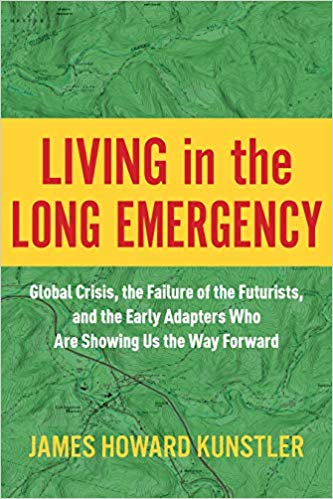
Click here for Autographed Copies from Battenkill Books
Click here to order from Amazon
Attention Movie Producers!
JHK’s screenplay in hard-copy edition

A Too-Big-To-Fail Bankster
Three Teenagers who bring him down
Gothic doings on a Connecticut Estate.
High velocity drama!
Great Summer Reading!
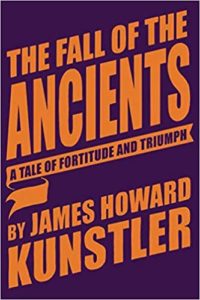
At Ponsonby Hall, a new Hampshire prep school for screw-ups, things are far from all right.
“Audaciously hilarious”
$7.00 — Cheap! Buy!
(Read Excerpt)

A child is born… but not exactly the way he thought it happened. And now he must leave home at Christmas time. $7.50 — Cheap! Buy!

Something Strange is going on at Camp Timahoe in Lost Indian, Vermont, summer of 1962.
“Rollicking fun”
$7.50 — Cheap! Buy!
(Read Excerpt)
New Paintings by JHK 2018 — 2019

Other Books by JHK
The World Made By Hand Series:
Book 1:
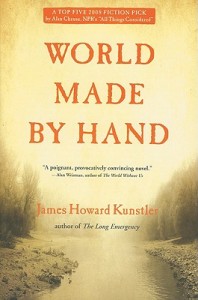
Book 2:

Book 3:
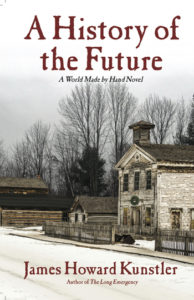













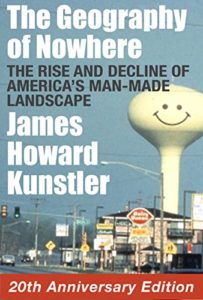
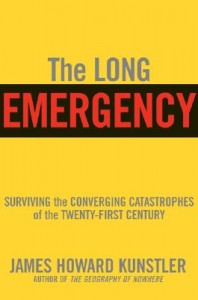
Support this blog by visiting Jim’s Patreon Page




